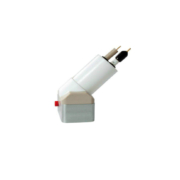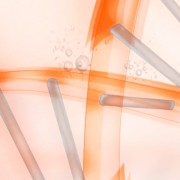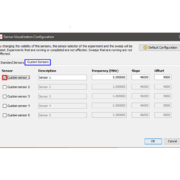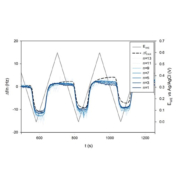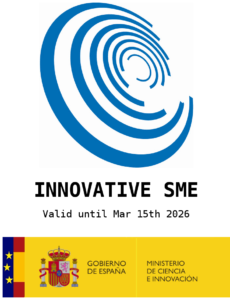Design and Validation of a 150 MHz HFFQCM Sensor for Bio-Sensing Applications
Authors: Román Fernández1, Pablo García1, María García1, José V. García1, Yolanda Jiménez2 and Antonio Arnau2
Journal: Sensors Journal (2017)
Abstract: Acoustic wave resonators have become suitable devices for a broad range of sensing applications due to their sensitivity, low cost, and integration capability, which are all factors that meet the requirements for the resonators to be used as sensing elements for portable point of care (PoC) platforms. In this work, the design, characterization, and validation of a 150 MHz high fundamental frequency quartz crystal microbalance (HFF-QCM) sensor for bio-sensing applications are introduced. Finite element method (FEM) simulations of the proposed design are in good agreement with the electrical characterization of the manufactured resonators. The sensor is also validated for bio-sensing applications. For this purpose, a specific sensor cell was designed and manufactured that addresses the critical requirements associated with this type of sensor and application. Due to the small sensing area and the sensor’s fragility, these requirements include a low-volume flow chamber in the nanoliter range, and a system approach that provides the appropriate pressure control for assuring liquid confinement while maintaining the integrity of the sensor with a good base line stability and easy sensor replacement. The sensor characteristics make it suitable for consideration as the elemental part of a sensor matrix in a multichannel platform for point of care applications.
Keywords: HFF-QCM (high fundamental frequency quartz crystal microbalance); finite element method (FEM); flow cell; biosensor; PoC (point of care); MQCM (monolithic quartz crystal microbalance)
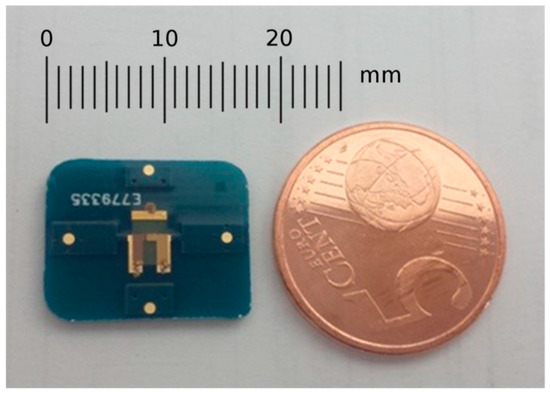
You can download the full paper here

